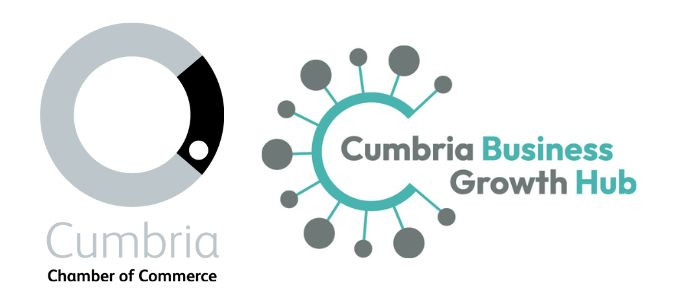 HMRC is warning taxpayers to be especially vigilant against scam emails this month in the run-up to the self-assessment deadline.
HMRC is warning taxpayers to be especially vigilant against scam emails this month in the run-up to the self-assessment deadline.
At this time of year, HM Revenue and Customs (HMRC) sends more than a million self-assessment emails to customers, reminding them of the impending 31 January deadline.
HMRC is warning that cyber criminals use this peak in online activity to carry out increasingly sophisticated frauds and to make their phishing emails appear official and relevant.
HMRC says that a genuine email to taxpayers will never include or ask for:
- Personal or financial information of any sort; this includes the customer's full address, full postcode, Unique Tax Reference (UTR), or any bank details;
- Financial information that refers to specific figures, tax computations or specific facts about a customer;
- Email attachments or web links;
- An offer of a repayment or refund;
- A personal HMRC email address to send a response to.
HMRC has added more security controls to its online self-assessment service. It is also asking customers to keep their data safe by making sure their computer has up-to-date anti-virus protection and the latest version of their internet browser, and by keeping their passwords safe and changing them regularly.
Jonathan Lloyd White, HMRC's director of security and information, said: "The methods that fraudsters use to get information are constantly changing, so people need to be alert. When using our online services I would urge all our customers to be vigilant, and remember that HMRC will never send an email to ask for your personal information or password, or include a link or attachment."
Customers should forward suspicious emails to HMRC at [email protected] and then delete them. HMRC has closed 22,210 fake websites since July 2014. More information about cyber security is available on the HMRC website. Anyone filing their 2014-15 self-assessment return online for the first time can register online.
In December 2015 HMRC launched Personal Tax Accounts (PTAs). All customers should have their own PTA by the end of 2016 and HMRC says this will allow taxpayers to communicate with HMRC securely through messaging and web chat within the online account.
